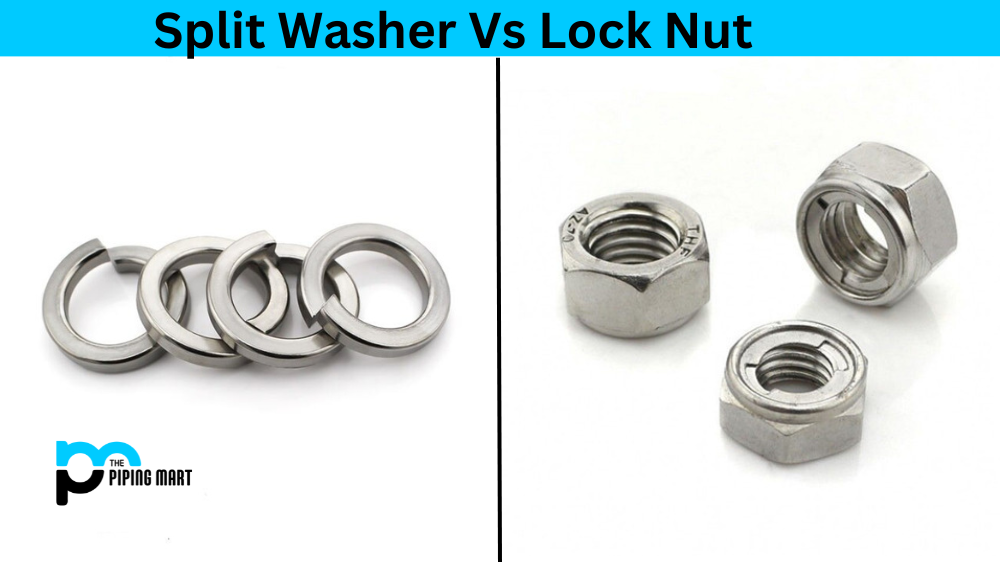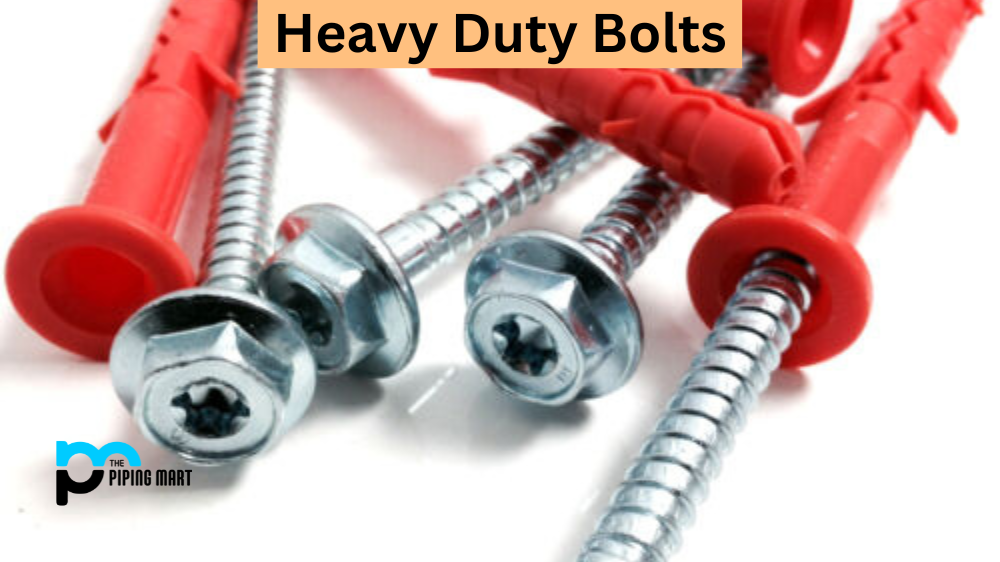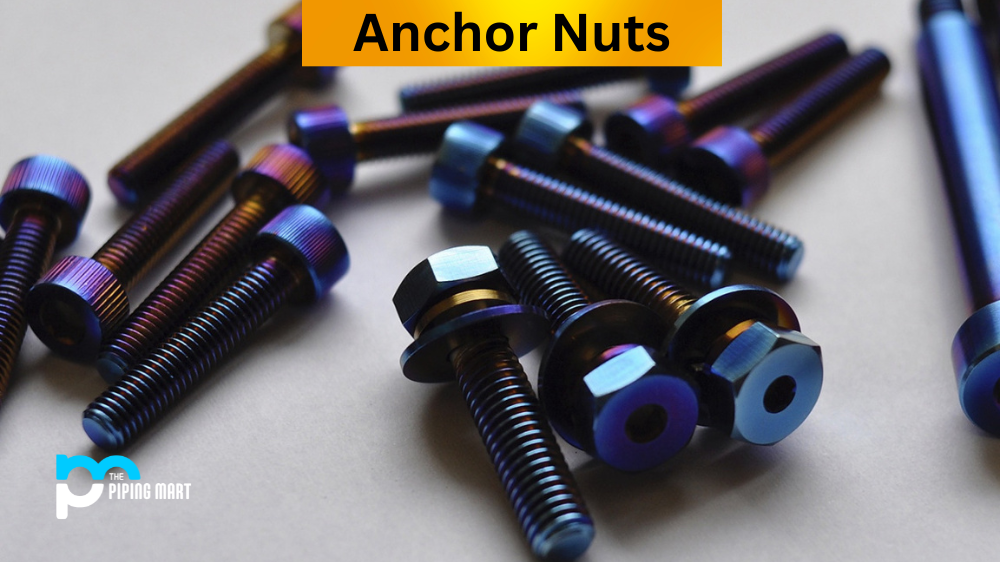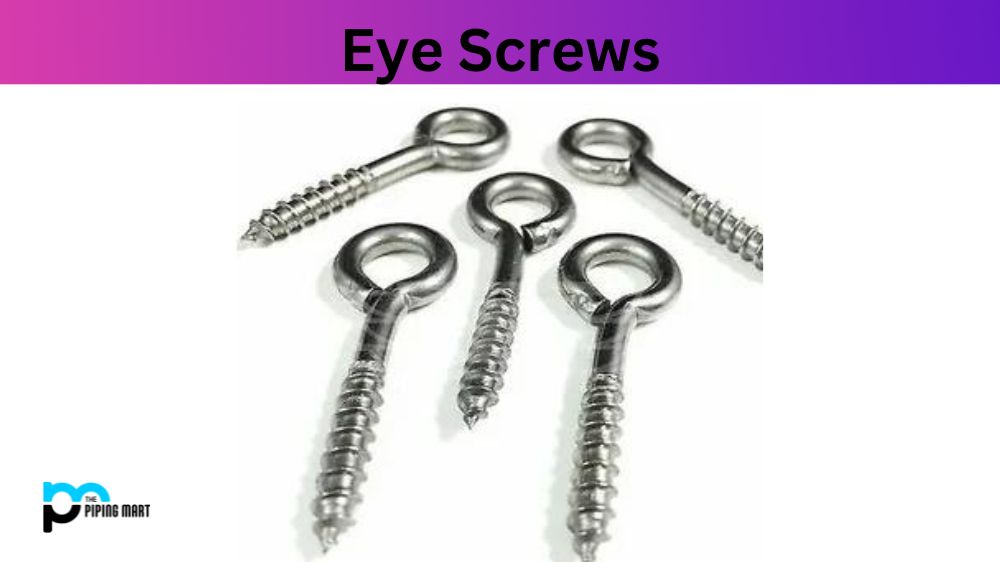When securing your nuts and bolts, many options are available to you. The split washer and the lock nut are two of the most popular. However, choosing between the two can be confusing. How can you tell which one is right for your project? In this blog, we’ll compare and contrast these two fasteners, so you can decide which one to use for your specific application.
What is Split Washer?
A split washer, or helical spring washer, is a small metal ring with a split. When a bolt is tightened, the rift opens up, allowing the washer to act as a spring, providing tension between the bolt head and the nut. The idea behind a split washer is to prevent the bolt from coming loose due to vibrations or thermal expansion and contraction. Split washers are commonly used in automotive and industrial applications.
What is Lock Nut?
A lock nut, also known as a prevailing torque nut, has a nylon insert or knotted thread that creates friction and resistance, which keeps the nut from loosening. Lock nuts are designed to be used when high vibration or temperature is expected.
Difference Between Split Washer and Lock Nut
Which one should you use?
It depends on the application. Split washers are ideal for low-vibration applications, whereas lock nuts are perfect for high-vibration environments. If you need to secure a bolt with a lot of movement or vibration, a lock nut is your best option. If you have a bolt you need to book, a split washer will do just fine.
Another consideration is the type of bolt you’re using. If your bolt has a serrated flange, you don’t need a split washer or a lock nut because the serrations are a locking feature. Similarly, you don’t need a lock nut if your bolt already has a nylon patch or knotted thread.
Lastly, it’s worth noting that split washers are only sometimes necessary, even in low-vibration applications. Studies have shown that divided washers do not work as intended and may loosen faster than bolts without them. On the other hand, lock nuts have proven more effective in retaining torque and preventing loosening.
- A split washer, also known as a locking washer, prevents two pieces of metal from loosening or coming apart.
- A lock nut is a type of nut that is used to prevent two pieces of metal from loosening or coming apart.
- Split washers are made from various materials, including steel, brass, and bronze.
- Lock nuts are typically made from steel or brass.
- Split washers are typically used in applications with vibration, such as automotive and machinery applications. Lock nuts are usually used in applications without vibration, such as plumbing and electrical.
Conclusion
In conclusion, choosing between a split washer and a lock nut depends on the specific application, the type of bolt used, and the expected amount of vibration. While split washers may not always be necessary, lock nuts are a reliable and effective option for securing bolts in high-vibration environments. When in doubt, it’s always recommended to consult with a professional and weigh the pros and cons of each option before making a final decision.

Pipingmart is a B2B portal that specializes in metal, industrial and piping items. Additionally, we share the latest information and information about materials, products and various types of grades to assist businesses that are involved in this business.




